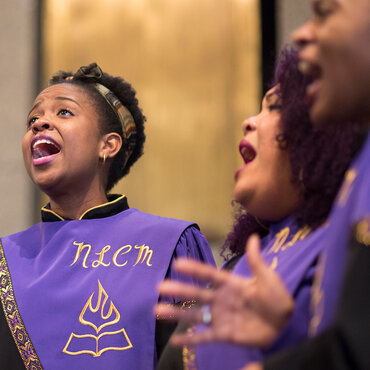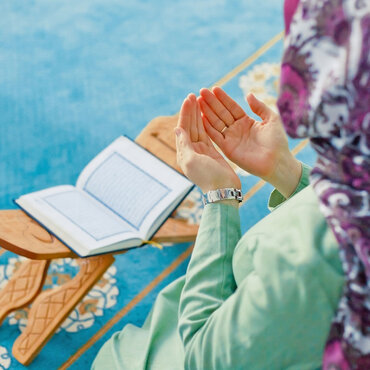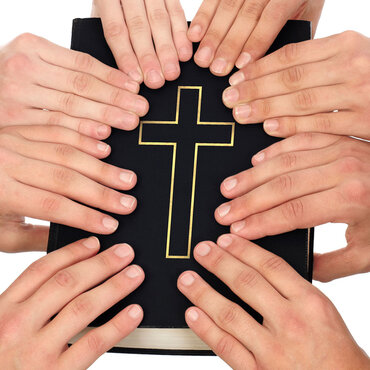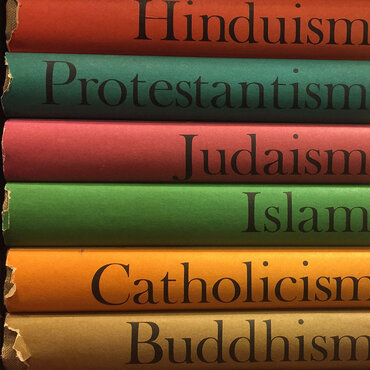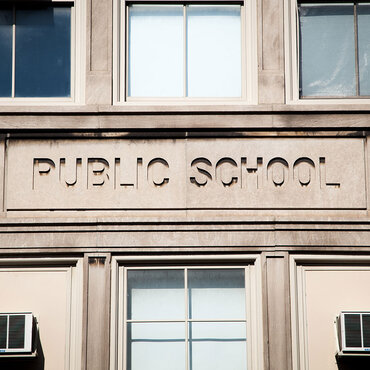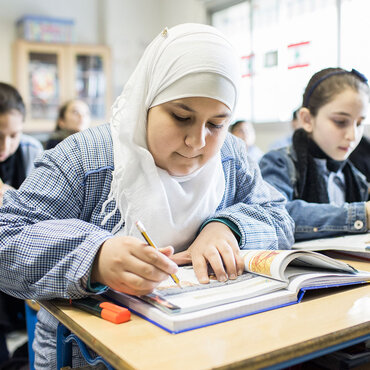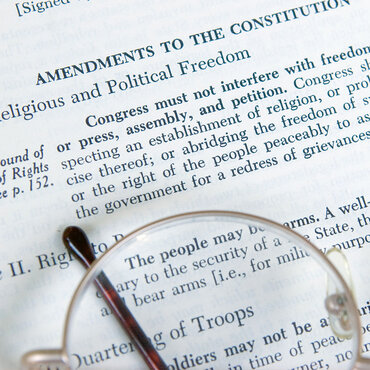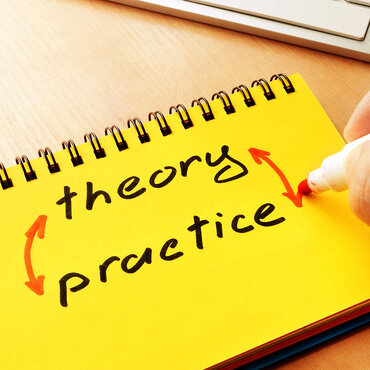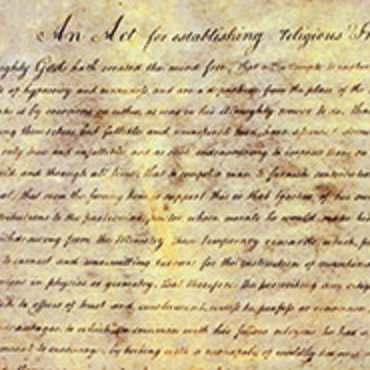
Religious Holidays and School Policies
School calendars must balance many competing demands for students’ and teachers’ time. Religious holidays can present a particularly challenging conundrum for schools. The traditional academic year is designed to be favorable to Christian holidays with a long break around Christmas (aka “winter break”) and a break often falling on or near Easter (aka “spring break”). Students from other religious traditions often do not benefit from official days off of school, and they are often forced to make a choice between attending school or attending holiday celebrations with their families and communities. This module introduces some of the policy issues related to the recognition of religious holidays on public school calendars. Participants will consider factors that may determine whether a school should provide days off for the whole school, and they will examine policies that accommodate absences for individual students. For guidance regarding the recognition of holidays in the classroom, see the related module Religious Holidays in the Classroom.
Get even more great free content!
This content contains copyrighted material that requires a free NewseumED account.
Registration is fast, easy, and comes with 100% free access to our vast collection of videos, artifacts, interactive content, and more.
NewseumED is provided as a free educational resource and contains copyrighted material. Registration is required for full access. Signing up is simple and free.
With a free NewseumED account, you can:
- Watch timely and informative videos
- Access expertly crafted lesson plans
- Download an array of classroom resources
- and much more!
- Religious Literacy
- Educator
Kate Soules is a doctoral candidate in Curriculum and Instruction at Boston College. Her research focuses on teachers’ professional learning and development on religious literacy and religious liberty. She has taught students from the middle school level to the graduate school level.
- Identify the controversies surrounding religious holidays and public schools
- Evaluate arguments for and against the inclusion of religious holidays on the school calendar
- “Should Muslim Holidays be added to the NYC Public School Calendar?” by Interfaith Center of New York January 15, 2014
- At this event, two Muslim community leaders present arguments both for and against the addition of Islamic holidays to the NYC school calendar, which would close schools on those days.
- “30 Religious Holidays in 60 Seconds” by Interfaith Youth Core
- This short video runs through a year’s worth of religious holidays in 60 seconds. How many do you recognize? The hosts also discuss several reasons for learning more about what religious holidays are being celebrated in your community.
- Haynes, C. C., & Thomas, O. S. (2007). Finding Common Ground: A First Amendment Guide to Religion and Public Schools. Nashville, TN: First Amendment Center.
- Chapter 15: Sample School District Policies (pg. 171-224) - Skim the policies to find sections that discuss issues and guidelines related to religious holidays
- Recommended: Chapter 10: Religious Holidays in Public Schools (pg. 111-117) — This chapter focuses more on classroom issues but can provide additional context and guidance.
- “Common Religious and Public Holidays for the 2018-2019 School Year”, Office of Superintendent of Public Instruction, State of Washington.
- “The List of Religious Holidays Permitting Student Absence from School” New Jersey State Board of Education.
- “Religious Holidays: 2018-2019 Academic Year” University of California, Berkeley.
- Recommended: Find your own school district’s policy. What does it have to say about holidays?
- Recommended: Comprehensive Interfaith Calendar for 2018 and Descriptions of Each Holiday
- With which argument regarding closing school for religious holidays do you most agree? Why?
- For what holidays does your district close? How were the decisions made? Does it correspond to the demographics of the school?
- In the absence of adopting policies regarding school closings, what other accommodations can teachers make for observant students?


